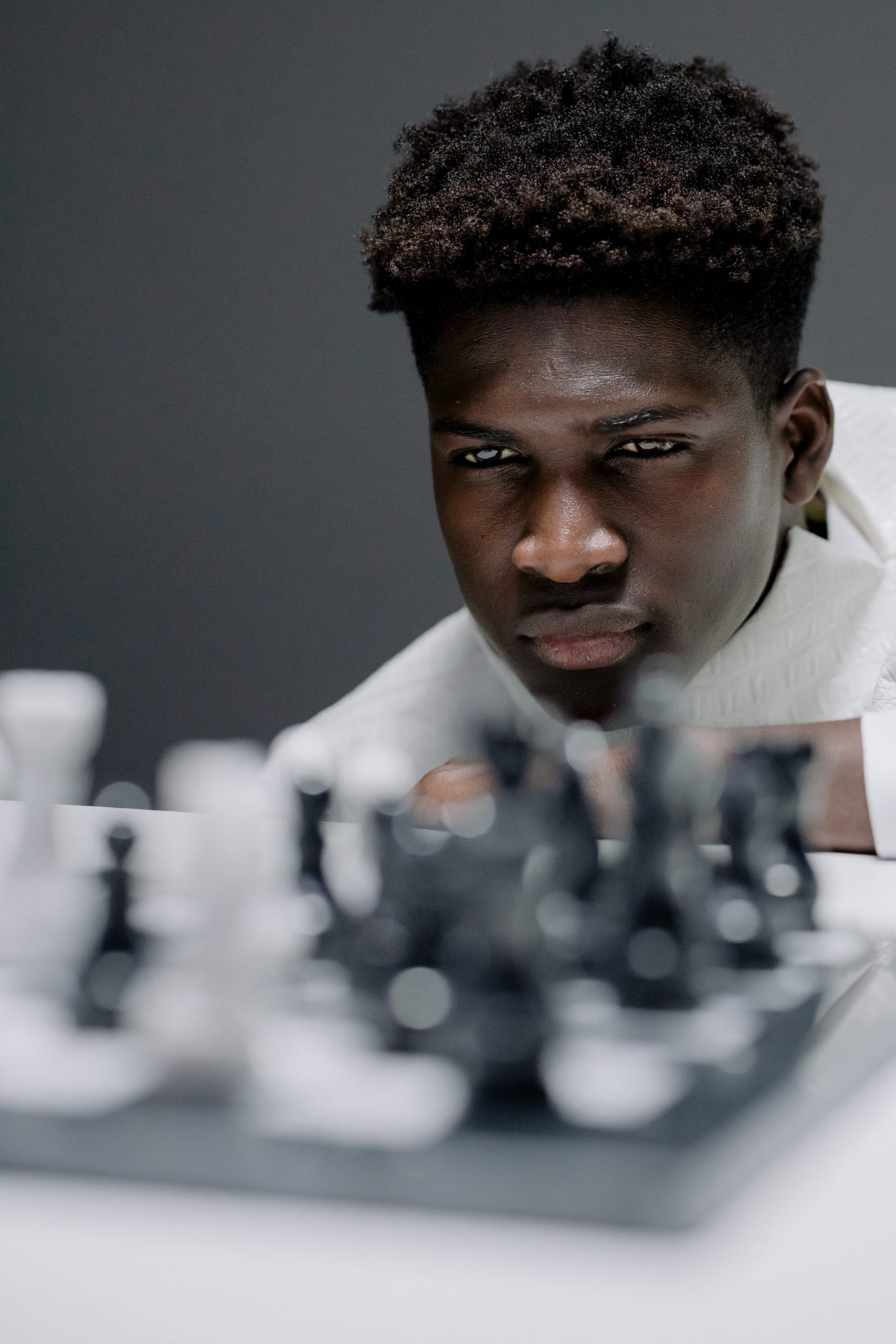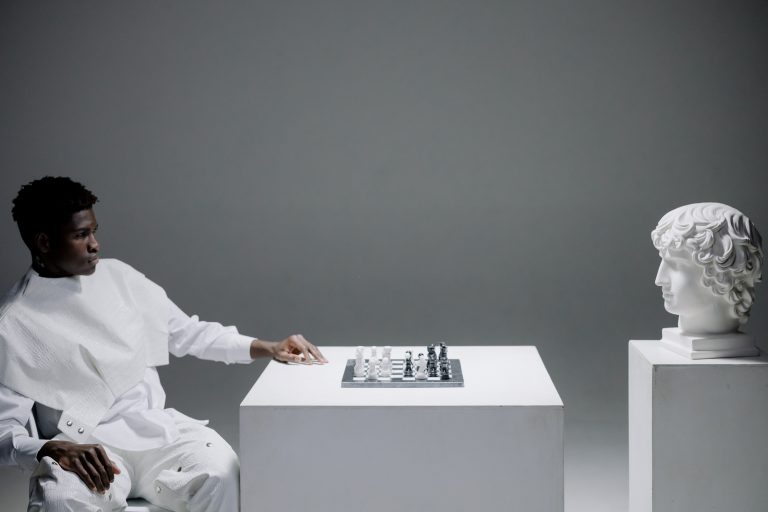Positions in chess studies and mating questions are invented and do not actually happen in the game, like most puzzles, and to solve them you have to find the only way for White to (usually) win or draw. First of all, everything related to chess openings is at the heart of chess.
However, while they may seem quite similar to more traditional puzzles in this respect, they are actually quite different. As for the solutions, they are always unique and are often constructed using attractive concepts that are not immediately apparent to the naked eye. Most of the time, it also creates a very different mental process. Some players adore them and others despise them, but most players find that solving studies can be quite useful for your chess growth. Here are some of the reasons that support this:
1.They assist you in developing your math skills.
The capacity to detect all prospective motions in a position to compute long, forced variations is trained by studies and problems, which have them all.
When it comes to calculations, you might incorporate studies and issues into your regular problem-solving routine if that is something you need to focus on and better. Using two issues as an example, you might begin with some easy mates and then progressively increase the complexity level.
Despite this, the importance of resolving mating difficulties cannot be overstated. The majority of errors occur in the first few moves of the variations, and overcoming mating difficulties, particularly in the first two or three moves, can assist you in improving your calculating skills for short variants. Developing this talent, as well as the capacity to consider the best choices open to your opponent, can assist you in reducing the number of mistakes you make in your games.
2.They instruct you to seek for all possible candidate movements, no matter how odd or weird they appear to be.
For most chess players, one of the most difficult aspects of the calculating process is identifying all of the possible moves. In contrast to playing a game, when solving studies, you are aware that there should be just one solution, and that other seemingly excellent movements should fail for whatever reason.
What you need to do is figure out why this is happening, which means looking for all possible actions for your opponent as well. While it is a typical error in calculating to overlook such opportunities, in composing, you are essentially compelled to search and analyze all conceivable defensive strategies for your opponent.
3.They instruct you on how to look for hidden thoughts.
It is necessary to take into account all options when the most obvious and logical course of action fails. The majority of the time, it is precisely there that hidden ideas can be found.
Again, you must apply this method to both sides, and if things appear to be too simple, it is most likely because you have overlooked something important. Once you grasp this concept, you will learn to look for deeper concepts, and new strategies will emerge as a result.

4.They assist you in developing and refining your creativity.
It is not enough to solve basic puzzles; the answers to studies and mating difficulties are often both beautiful and contradictory. In order to succeed, you must utilize your creativity to come up with plausible mating nets or winning/drawing concepts, and then put those ideas into practice. When they fail, you must look for others to replace them.
In chess, imagination and the ability to build up the desired position or a possible trap during a game are crucial characteristics, and practicing this sort of problem solving will help you enhance your abilities.
5.You become familiar with fundamental and crucial patterns.
Whenever you look through endgame studies, you’ll see that many of the solutions are based on key patterns or theoretical situations that everyone should be familiar with.
Several pawns endgame studies, for example, are centered on triangulation or bodychecking the opposing king, as well as on recognizing the winning concepts in the queen versus the rook’s or bishop’s pawn on the 7th move. Solving studies may help you improve your endgame play as well as your calculating abilities, which is more than just a benefit.







